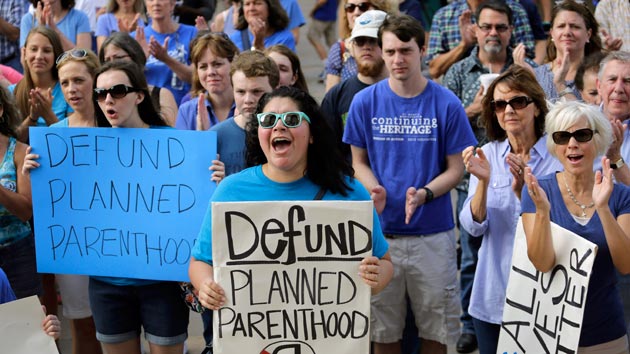issued indictments Since the indictments, district attorney Devon Anderson has faced an onslaught of criticism from the anti-abortion movement about both the severity of the charges—one is a felony—and a department employee’s affiliation with Planned Parenthood.
Today, in a video on KHOU, a Houston TV network, Anderson explained why her office indicted David Daleiden and Susan Merritt. Even though the decision goes against her opinions on abortion, she says, it follows the law.
“An inconvenient truth of a criminal investigation is that it doesn’t always lead where you want to go,” Anderson says at the start of the video. “Anyone who pays attention knows that I’m pro-life. I believe abortion is wrong. But my personal belief does not relieve me of my obligation to follow the law.”
Anderson dispels some of the misconceptions that have sprung up about her office’s decision. For example, defense attorneys have argued that charging both Daleiden and Merritt with a felony for using fake driver’s licenses is too extreme because young people caught with fake IDs often receive a misdemeanor charge. But Anderson explains that in Texas, using a fake ID from another state is a felony. “That’s the law,” she says.
Anderson also addresses the allegation—repeatedly emphasized by the anti-abortion news site LifeNews—that a prosecutor in her department who is involved with the Planned Parenthood board actively participated in the presentation of this case to the grand jury. “That is simply not true,” she says. She noted that soon after the lieutenant governor asked her department to review this case in August, this particular prosecutor made her relationship to Planned Parenthood known, and the department issued a press release saying she would not be involved in the case.
Some defense attorneys have asked for another grand jury to review the case. Anderson says she won’t do that because it constitutes “grand jury shopping.”
“That violates the integrity of the whole system,” she says. “Twelve Harris County citizens have spoken, and I respect their decision.”

















